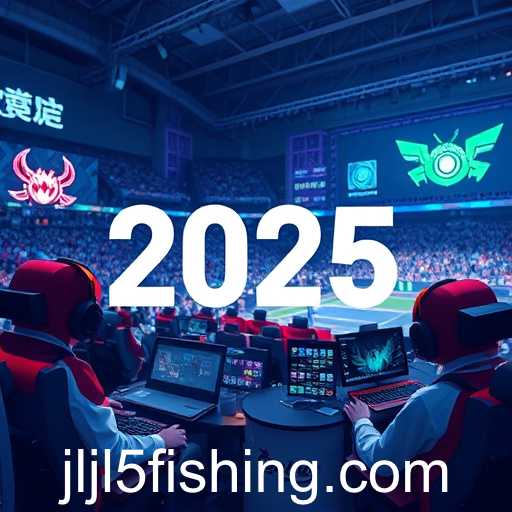An exploration of the current state of the gaming industry, focusing on recent developments, challenges, and future prospects.
As the gaming industry continues to evolve in 2025, it faces a unique set of challenges and opportunities. The fusion of technology and creativity remains at the forefront, driven by an ever-growing demand for more immersive and innovative experiences. One of the notable trends this year is the rise of NFT-integrated games, which allow players to own, trade, and sell virtual assets with real-world value. This integration of blockchain technology is not without controversy, as debates persist regarding its environmental impact and ethical considerations.
The past couple of years have also seen a significant shift in the demographic landscape of gamers. More diverse audiences are being catered to, with developers creating content that appeals to a broader range of age groups, genders, and backgrounds. This shift reflects a growing recognition within the industry that diversity and inclusion are not just ethical imperatives but also sound business strategies.
Economic factors have likewise impacted the gaming world. With global markets experiencing fluctuations, companies are challenged to balance creative ambition with financial sustainability. This has led to a rise in collaborations between independent developers and major publishing houses, aiming to harness fresh talent while leveraging existing resources for distribution and marketing.
Additionally, the competitive scene continues to gain momentum. Esports has cemented itself as a legitimate sporting phenomenon, with 2025 seeing some of the largest tournaments to date. The inclusion of esports in discussions about the future of the Olympic Games underscores its cultural significance and growing mainstream acceptance.
Moving forward, the gaming industry in 2025 is poised at a crucial intersection of innovation and regulation. As governments worldwide start to pay closer attention to the digital realms, regulations concerning data privacy, microtransactions, and online interactions are anticipated to become stricter. The industry must navigate these changes while continuing to deliver engaging content to their audiences.
The year 2025 presents both challenges and opportunities for the gaming industry. Progress will undoubtedly be driven by the ongoing dialogue between developers, communities, and regulators. As the landscape continues to change, staying informed and adaptable will be key for any stakeholder aiming to thrive in this dynamic environment.




